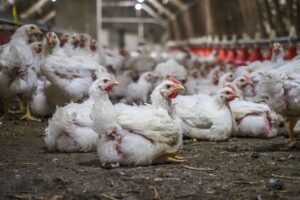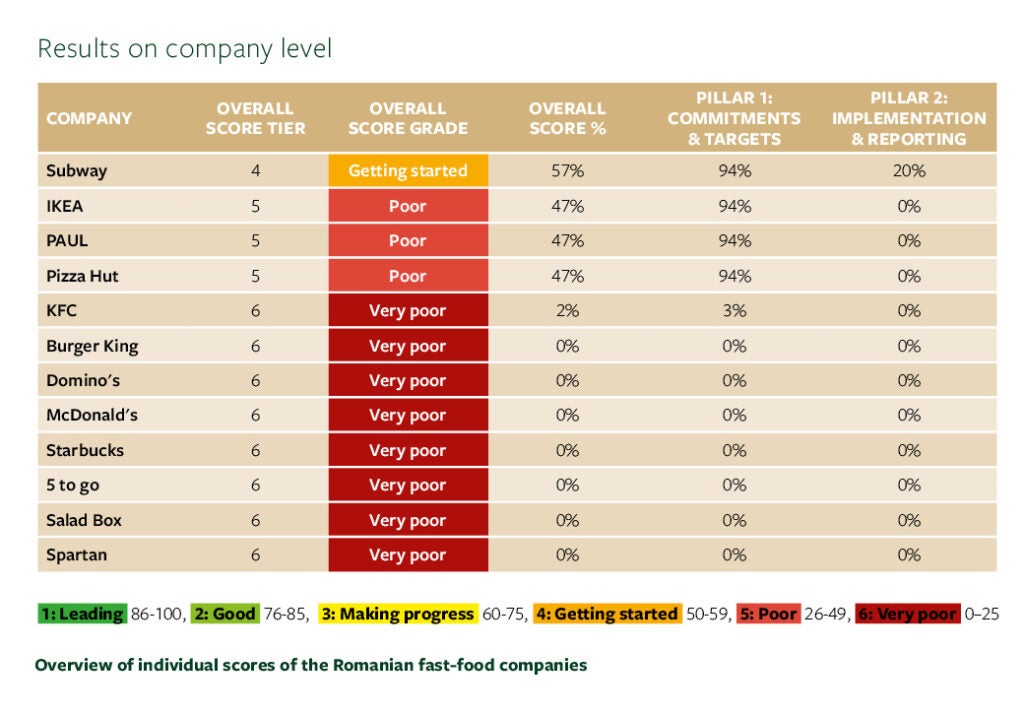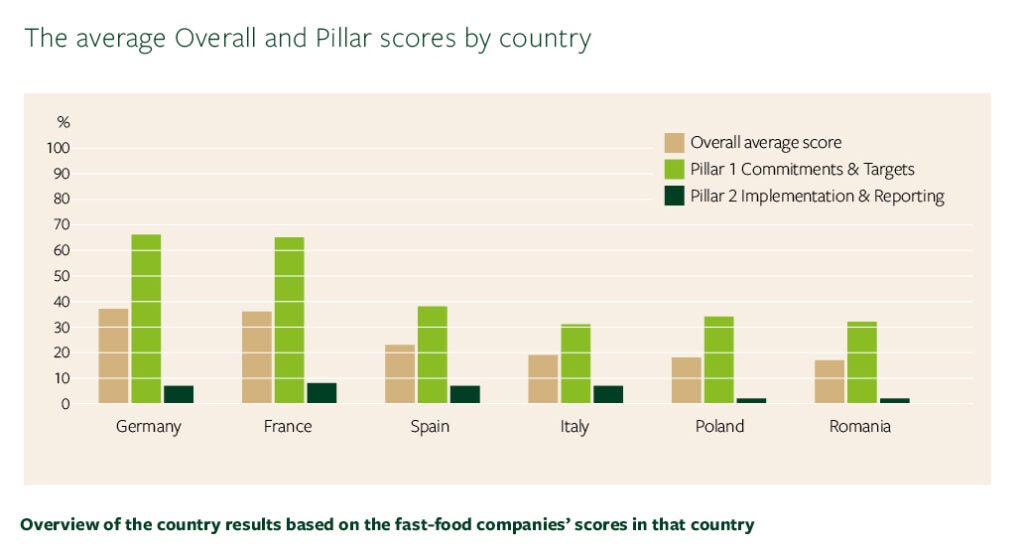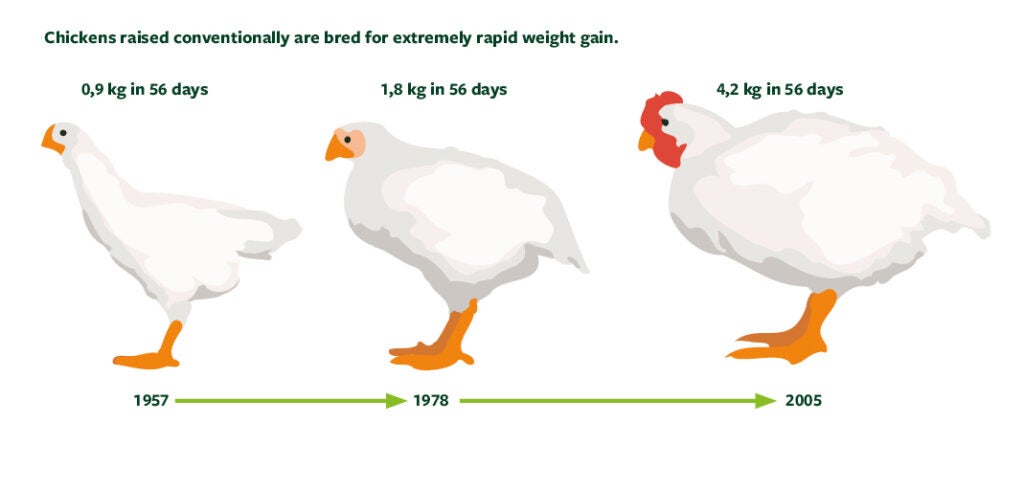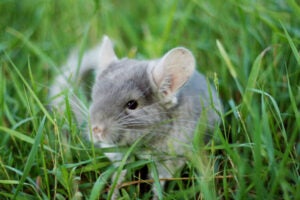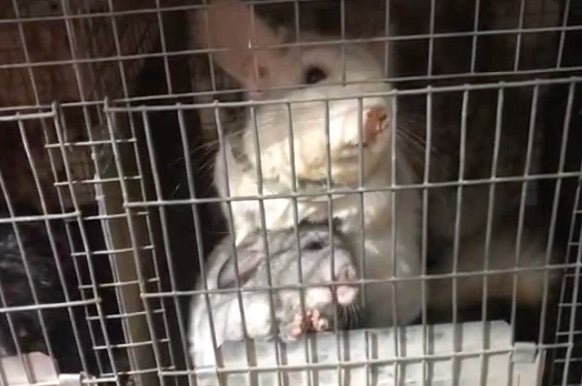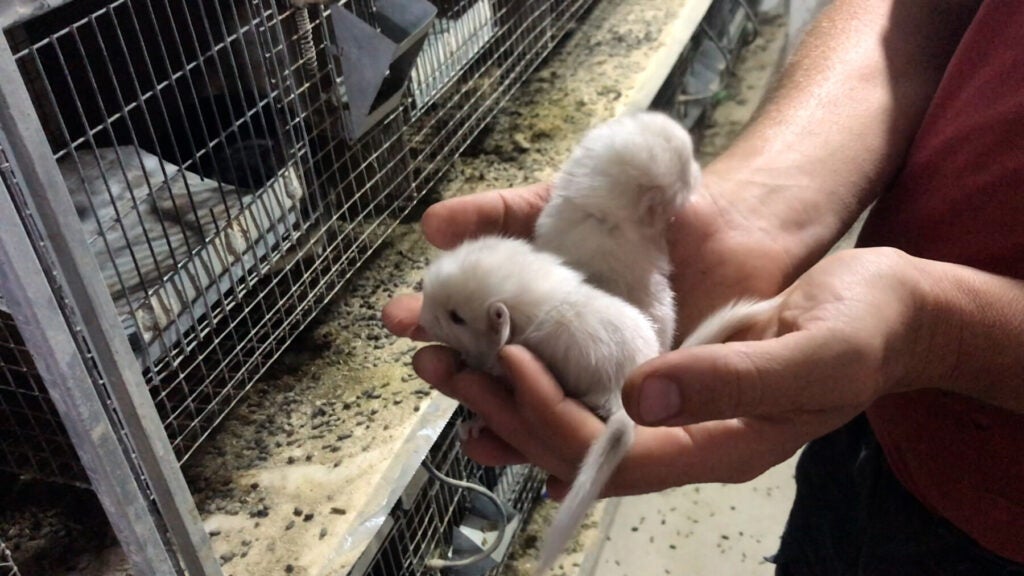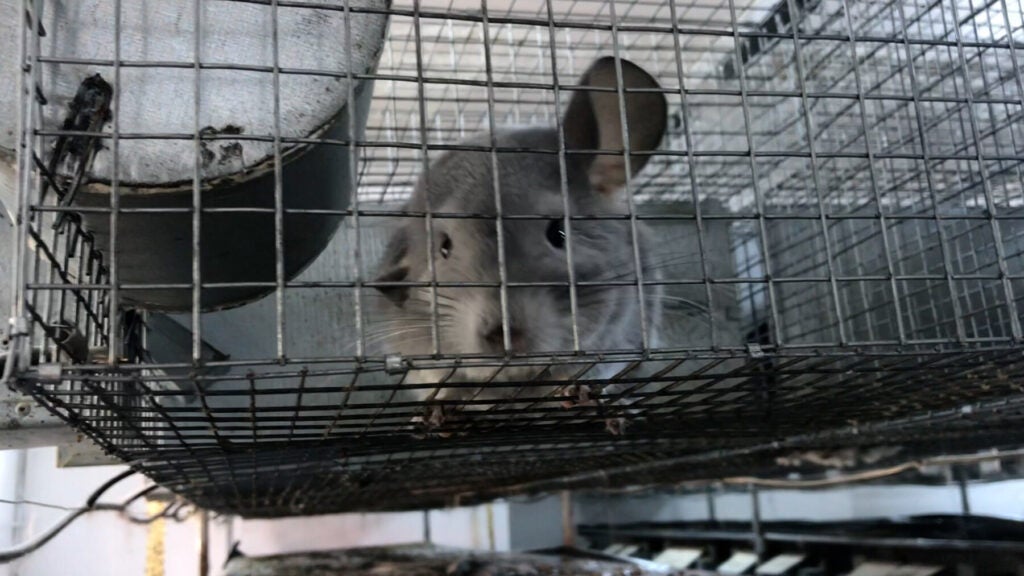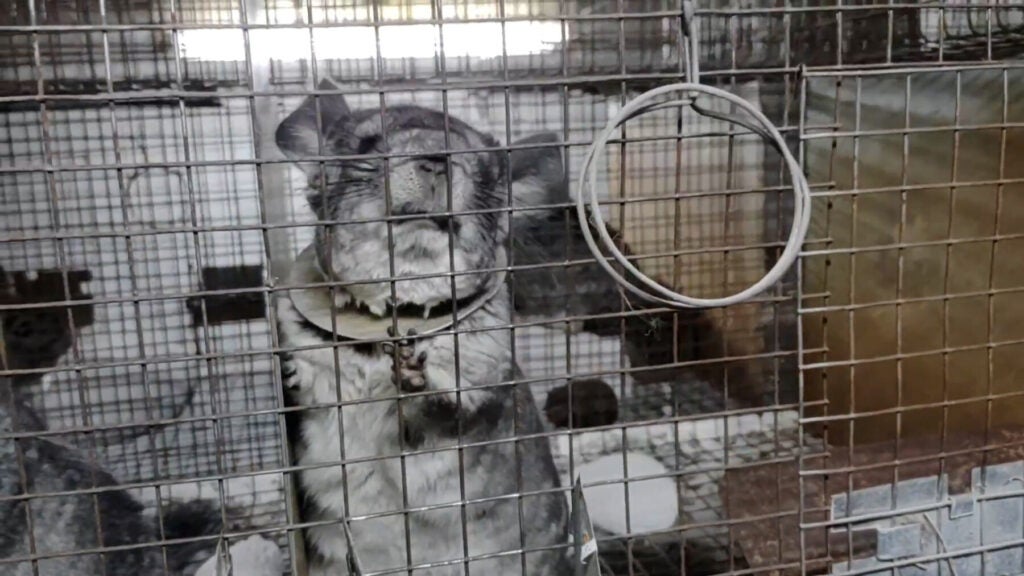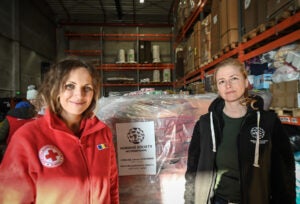
BUCHAREST, Romania—Humane Society International/Europe and the Ilfov County Council’s Animal Protection Department hosted a groundbreaking debate titled “Efficiently and Humanely: How to Properly Manage Animal-Human Issues” at the Palace of Parliament. This first-of-its-kind event in Romania brought together over 80 participants, including mayors, county council presidents from 24 municipalities and 10 counties, as well as parliamentarians committed to finding humane, sustainable animal welfare solutions.
The debate marks an important milestone in HSI/Europe’s broader initiative to support local authorities in implementing compassionate and effective dog population management strategies. While figures are rough (without any official count), across Romania, it is estimated that there are between 500,000 and 1,000,000 stray dogs on the streets. Many suffer from malnutrition, disease, while others, housed in shelters, are sadly euthanized if unclaimed.
In 2024, HSI/Europe launched a strategic partnership with the Ilfov County Council’s Animal Protection Department, recognizing the agency’s innovative, holistic approach to animal welfare and dog management. This collaboration began in September with a comprehensive program offering free veterinary services—including spay/neuter surgeries, vaccinations, de-worming, and first aid—for dogs and cats in Ilfov County. These services, delivered by HSI/Europe through collaboration with veterinary teams, such as WAVE and Nomad Vet, target areas with significant animal welfare challenges, such as disadvantaged communities, industrial zones, and former military sites.
Data-Driven, Humane Approaches
During the event, HSI was represented by Dr. Amit Chaudhari, director of Monitoring, Evaluation, and Impact Analysis, Humane Society International/India; Kerry Zaleski, director of Companion Animals and Engagement, HSI; and Andreea Roseti, country director for HSI/Europe in Romania.
“There is no true animal welfare without compassion for people,” said Roseti. “Stray animals often originate from someone’s backyard, reflecting a failure in responsibility and resources. Humane solutions require tailored interventions, informed by ongoing data and analysis. Together with the Ilfov County Council team and our colleagues from North America, we’ve been collecting data to design and implement the most effective pet management programs possible.”
Dr. Chaudhari also shared insights from a pilot census conducted in 14 localities in Ilfov County, underscoring the importance of data-driven, long-term planning to address stray dog populations effectively.
Empowering Local Authorities
The Ilfov County Council’s Animal Protection Department showcased its ongoing dog welfare projects and provided participants with practical tools for implementation. Attendees received resources, including templates and legal frameworks, enabling other municipalities to adopt similar models.
“The issue of stray animals is as much about people as it is about animals,” said Hilde Tudora, Director of Animal Protection at Ilfov County Council. “While laws allow us to fund sterilization for owned dogs, the larger issue lies with stray animals. Through partnerships with NGOs, we’ve developed solutions that go beyond what legislation permits. At the event, we distributed USB drives with detailed documentation to make it easier for other authorities to replicate our programs and adapt them to their regions.”
A Path Forward
The roundtable highlighted the critical role of collaboration and innovative thinking in improving living conditions for both people and animals. With the active engagement of local authorities and the support of organizations like HSI/Europe, Romania is taking significant steps toward a more compassionate approach to animal welfare.
ENDS
Media Contact: Raluca Simion: commsromania@hsi.org



